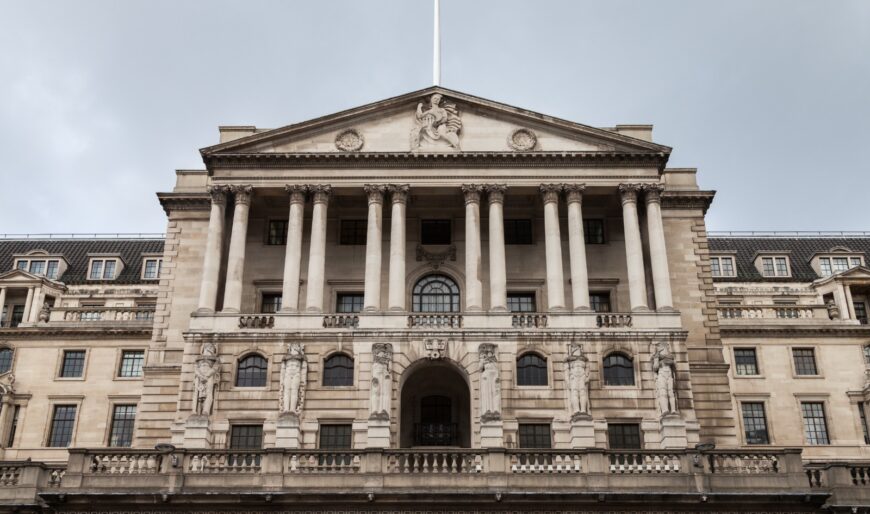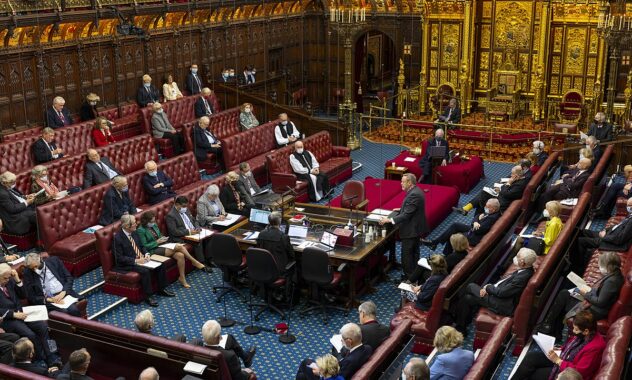Unions respond to interest rate hike & tell Govt to tackle profiteering

Unions have warned that workers will suffer fresh financial hardship as a result of the interest rate hike announced by the Bank of England on Thursday.
Gary Smith, GMB General Secretary, said:
“Today the Bank of England has been forced to step in again to try and salvage some stability from this train wreck of an economy the Conservatives have created. The end result: we all end up suffering thanks to the Tory’s terrible economic experiment. People desperately need a grown up Government to help them survive this self-made Conservative crisis.”
Unite the Union said that the Bank of England and the Treasury want workers and communities to pay the price every time. Commenting on The Bank of England’s decision to raise interest rates to 3 per cent, Unite general secretary Sharon Graham said:
“Britain is suffering from an epidemic of profiteering, in every sector of the economy. So it remains remarkable that, despite all the evidence, the Bank of England is refusing to acknowledge that profiteering must be tackled to deal with inflation.
The Bank of England and the Treasury want workers and communities to pay the price every time. They attack wages, they line us up for another round of austerity and now they pile on more misery for those already with personal debt burdens. These are choices and they don’t have to make them. We have to ask again – who is benefiting from this broken economy?”
TUC head of economics Kate Bell said:
“Workers are paying a high price for the Conservatives crashing the economy. Today’s interest hike will increase the risk of a bleak recession this winter, and it will hammer businesses and people paying a mortgage. We need a new economic plan with growing wages and strong public services at its heart, and we need a general election now, to replace the party that created this crisis.”
Meanwhile, business leaders said it underscored the scale of the UK’s inflation challenge. Alpesh Paleja, the CBI’s lead economist, said:
“The Bank has deployed a bumper rate rise, underscoring the scale of the UK’s inflation challenge. A weakening economy and tighter fiscal policy is set against volatility in global energy prices, stubbornly high inflation expectations and persistent wage pressures.
With monetary policy focused on tackling inflation, the government’s immediate priority should be to reinforce markets’ faith in the UK’s hard-won reputation for stability – but fiscal sustainability and growth shouldn’t be an either or choice.
The Autumn Statement must learn the lessons of the 2010s: fiscal sustainability and lifting trend growth are both priorities. Alongside protecting the most vulnerable, the government should safeguard capital spending and investment allowances to enable private sector investment to drive future growth.”







